Emotional intelligence: the psychology of better parenting

SALLY WILLIAMS / The Irish Times
A happy child is one who understands themselves
THE THING about Dr Stephen Briers, a child psychologist, is that he really wants us to become child psychologists too. "It's not a mystical art," he says. "A lot of people could have a stab at it."
Moreover, it's important we have a go, he says, and not just because the statistics are so alarming - 10 per cent of children under the age of 16 have a diagnosable mental health disorder. Rather, psychology is the key to good parenting. That is why he has written Superpowers for Parents: The Psychology of Great Parenting and Happy Children , a handy guide to therapy techniques. If you understand your children and - most importantly - if your children understand themselves, they will grow up to be happy, well-adjusted adults, says Briers.
"We've got very obsessed with the idea that the hallmark of excellent parenting is to have immaculately behaved children," he says. "We've forgotten that one of the points of being a parent is to try to equip your children for life and give them the skills they need."
Aimed at parents with children of any age, his book tells you how to become an "emotional coach" and not let sentences such as "because I say so, that's why" fall from your lips.
It advises you to draw stick figures with thought bubbles to show the connection between thought and feelings and tells you what to do if your child has a 3am freak-out about their piano exam. (Probe their anxiety about failure with questions such as "what would be the worst thing about that?").
But, best of all, it doesn't mention the naughty step. Or not much. Because if you use Briers' techniques, the need for the naughty step won't arise in the first place.
Briers, 43, lives in Brighton in the UK with his wife, Melanie, a former midwife and now school nurse, and his two sons, aged 12 and eight. An English and theology graduate from Cambridge University, Briers came to mental health via a PhD in the sociology of religion. He now works for a private practice in Brighton doing a mixture of clinical work with children and adults and "dabbles" in the media.
"I want to shift the parenting agenda away from control," he says, firing a broadside against Gina Ford, the author of childcare books based on strict routine. "We are very influenced by the behaviourist tradition," he explains. This is the theory that goes back to the 1930s and John Watson, the American baby expert who believed that parents should break the spirit of their infants in the same way trainers tame a horse. Claire Verity's series Bringing Up Baby for Channel 4, with her ration of 10 minutes of cuddling per day, followed the same model.
"The idea is that by reinforcing behaviours you want and producing an aversive condition in response to behaviour you don't want" (the naughty step), "you shape what happens." Behaviourism has a place, he says, "but I think there's a lot more to children than that, and more to parenting, too."
Briers' priority is "emotional intelligence": "Children who are emotionally literate, who demonstrate a high capacity for empathy and have social problem-solving skills, tend to be protected from all manner of mental health problems," he says.
Moreover, he believes emotional intelligence isn't only the key to future happiness, it's as important as intellectual attainment. So a parent's job isn't just to teach children how to say "please" and "thank you", they must also expand their child's emotional vocabulary.
"Read to your child and discuss how characters might be feeling," says Briers. "Do you think he's feeling scared/cross/ happy/upset? The irony is that if you have an emotionally literate, skilled child, they are much less likely to get beaten up in the playground and have problems.
"To be a kind person doesn't mean you have to be a pushover and if we think about what we actually value in people we love, it's not normally their incomes or their IQs," he says.
The purpose of getting your child to be more in touch with their emotions (and those of others) is to help them manage them. Briers takes the view (as do those who subscribe to this cognitive behavioural approach) that there is a connection between thoughts, feelings and behaviour.
"Scratch below the surface of a badly behaved child's defiance and we probably find. . . a soul in some degree of torment," he writes. "Behaviour will at some level be a communication."
A parent's job is to show the child how to join the dots. "How you interpret a situation is going to determine how you feel about it and what you do about it," he explains. And pointing out unhelpful ways of thinking - "think traps" says Briers - is something you can teach children from a young age.
For instance, next time your child gets something wrong in class and comes home saying, "I've made a complete fool of myself. I won't ever be able to show my face in there again. . ." you'll be able to point out that s/he is "catastrophising" - assuming the worst and seeing the consequences as more terrible than they need be.
But helping your child to maintain healthy mental habits is a long-winded process, not least because it involves asking so many questions, such as "why do you think . . . ?" and "how did that make you/him feel?" Do we have time for this? "This is about developing a different kind of relationship with your child that is integrated into your daily interactions," says Briers. "If we don't invest the time and energy, we have only ourselves to blame if we produce a generation of children who are struggling and prone to problems."
In fact, he says, if there's one thing we can all do to make a difference, it's to listen. "Spending time really listening to children helps develop their capacity for empathy, makes them feel contained and supported and puts them in a good place."
Showing attentiveness bordering on suffocation isn't the answer. Neither is "blanket praise", telling your children you love every painting they have ever done.
"Praise can easily become devalued if children just feel you are paying lip-service," Briers warns. Be specific: "I love the way you made that girl look as though she's running."
Clearly, it's all a fine balancing act. Not least in the way you approach meaningful conversations in the first place. Leaning forward and saying, "so, tell me how you feel" will make a child recoil. "The emphasis needs to be on making these conversations spontaneous," says Briers
Briers' methods also expect high levels of self-control from parents. "Children will take their cues as much from what they observe in your behaviour as from the content of your words," he cautions. This requires you not to yell at your child to calm down when you are evidently not calm yourself.
But there is something else eating at Briers. One gets the sense that he is not a big fan of the modern world. Behind his enthusiasm for stamp collecting and assembling a special box of treasures, plus his horrified acknowledgement that growing numbers of children just want to be celebrities, there is another subject skulking away.
"The pace of life is phenomenally fast and children now have many opportunities for rapid gratification through computer games. My instincts tell me that our environment a few decades ago, when there were fewer distractions, less stimulus, required people to develop a different consciousness and I suspect there was something a lot healthier about that."
Moreover, Briers may be the first psychologist in a long while whose aim is to write himself out of a job. What happens if parents become so expert they no longer need him?
"Frankly, who cares," he says. "If psychologists become redundant, that is an index of positive social change and I would be very happy to retrain as a carpenter." - ( Guardian Service )
• Superpowers for Parents: The Psychology of Great Parenting and Happy Children by Stephen Briers is published by Prentice Hall Life, £9.99 sterling


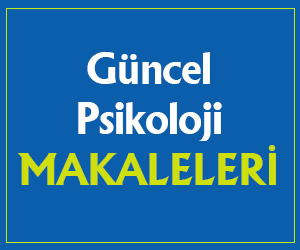


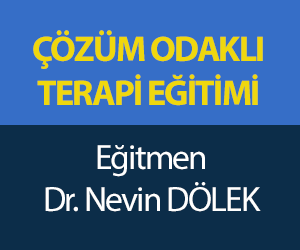
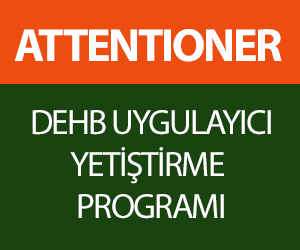
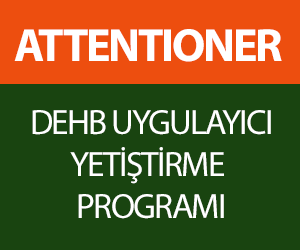
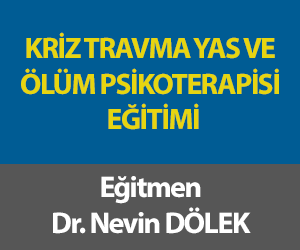
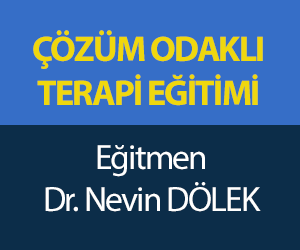
Türkçe karakter kullanılmayan ve büyük harflerle yazılmış yorumlar onaylanmamaktadır.